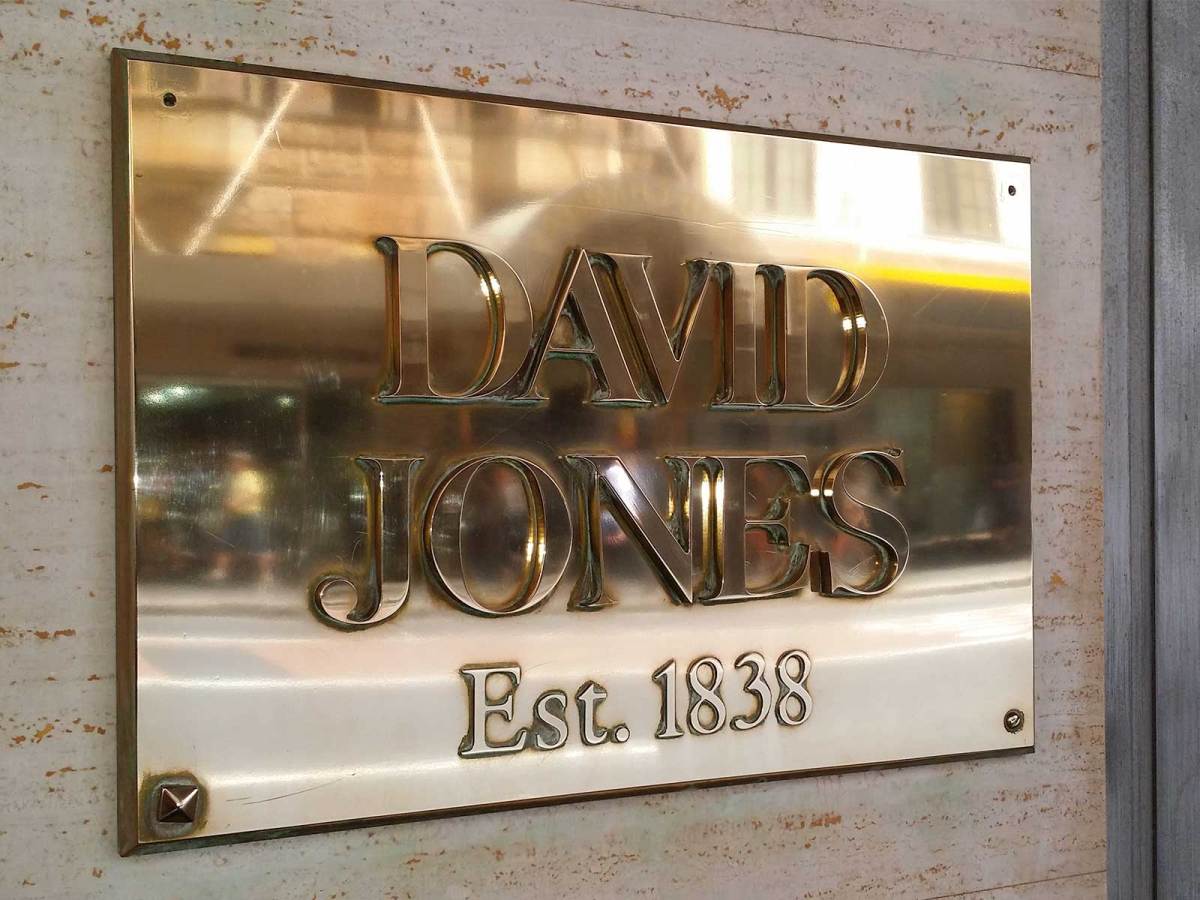David Jones announced lower profits despite higher sales in their half year financial report released today.
David Jones Limited posted a profit after tax (PAT) of $70.1 million for the half year ended 25 January 2014, down 4.6 per cent from $73.5 million in the same period last year.
Total sales were up 3.8 per cent to $1,042.3 million compared to the same period in the previous year (1H13: $1,003.8 million) which includes the Christmas and New Year period. Like-for-like sales also increased 1.1 per cent; the figure excludes two new stores in Victoria which opened in March and September last year.
The company’s department stores posted an earnings before interest and tax (EBIT) of $91.6 million, which represents an increase of $7 million on the corresponding prior year period. DJs said the fashion, beauty and homewares categories performed strongly.
However, the financial services EBIT was down 52.7 per cent to $11.6 million, due to a new profit sharing arrangement which is more favourable to American Express.
Click here to sign up for our free daily newsletter
David Jones CEO and managing director Paul Zahra said, “Our result this half reflects the momentum that our future strategic direction plan is gaining, with our core department store business delivering 8.3 per cent EBIT growth. Our result this half also reflects the fact that the EBIT contribution from our financial services business broadly halved in line with previous guidance.”
The board has declared a fully franked interim dividend of 10 cents per share, equal to dividends paid in 1H13. The record date for the interim dividend is 10 April 2014 and the dividend payment date is 7 May 2014. The price of DJs shares are up after the announcement.
Gross profit increased by $15 million to $406.1 million. The gross profit percentage of 39 per cent was equal to the corresponding period in the previous. DJs said the gross profit was impacted by aggressive competitor discounting pre Christmas, the exit of low productivity categories and the conversion of Dick Smith to a retail brand management agreement (RBMA).
Dick Smith now operates the electronics category after DJs entered into a RBMA (concession) which took effect on 1 October 2013. DJs said the arrangement has helped improve the company’s EBIT by removing labour and inventory costs.
The company is also focussed on becoming an ‘omni channel retailer’- embracing online and bricks and mortar retail. Coming off a low base, the company’s online store grew significantly and was up 220 per cent on the corresponding prior year period. Online sales currently account for just 2 per cent of total sales, but the company expects this will reach 10 per cent by 2018.
DJs will release a customer data analytics program to understand how individual customers shop and interact with David Jones across all channels and is rolling out complimentary Wi-Fi in store.
“Complimentary in-store Wi-Fi is a great tool for acquiring customer email addresses and engaging with customers. Traffic analytics enable us to accurately ascertain foot traffic into our stores. This information is used in conjunction with our recently rolled-out daily productivity reports for individual front line staff to ascertain and benchmark conversion of foot traffic into sales,” Zahra said.
The cost of doing business (CODB) increased by $8 million to $314.5 million and the CODB to sales ratio of 30.2 per cent is 30 basis points lower than the year before. DJs said the increase in CODB principally relates to higher lease and occupancy costs and higher depreciation charges.
Among the strategies for reducing CODB in the future DJs plans to let leases expire on “low productivity stores”.
“We have six leases in less robust demographies due to expire in the next five years. These lease expiries give us the opportunity to review our store portfolio in light of our broader OCR strategy. In this regard we have decided not to renew the leases at our Birkenhead Point (NSW) and Harbour Town (QLD) warehouse stores,” Zahra said.
One of the ways DJs seeks to drive growth is by targeting new customers, including the inbound Asian tourist market by employing 140 front line staff fluent in Cantonese and Mandarin and the introducing new promotional events such as Chinese New Year.
To maximise profit margins new and refurbished DJ stores will give more space to fashion and beauty categories and less to home. The ratio of selling space is currently 60:40 fashion and beauty versus home. By the end of 2014, ten of the company’s 38 stores will have a 75:25 category mix.
“Our department store business is delivering good EBIT growth. We have a strong brand and market positioning which holds us in good stead for future growth.
“We have a robust business model with good growth prospects and we continue to be committed to paying out not less than 85 per cent of PAT to shareholders as fully franked dividends,” Mr Zahra said.

